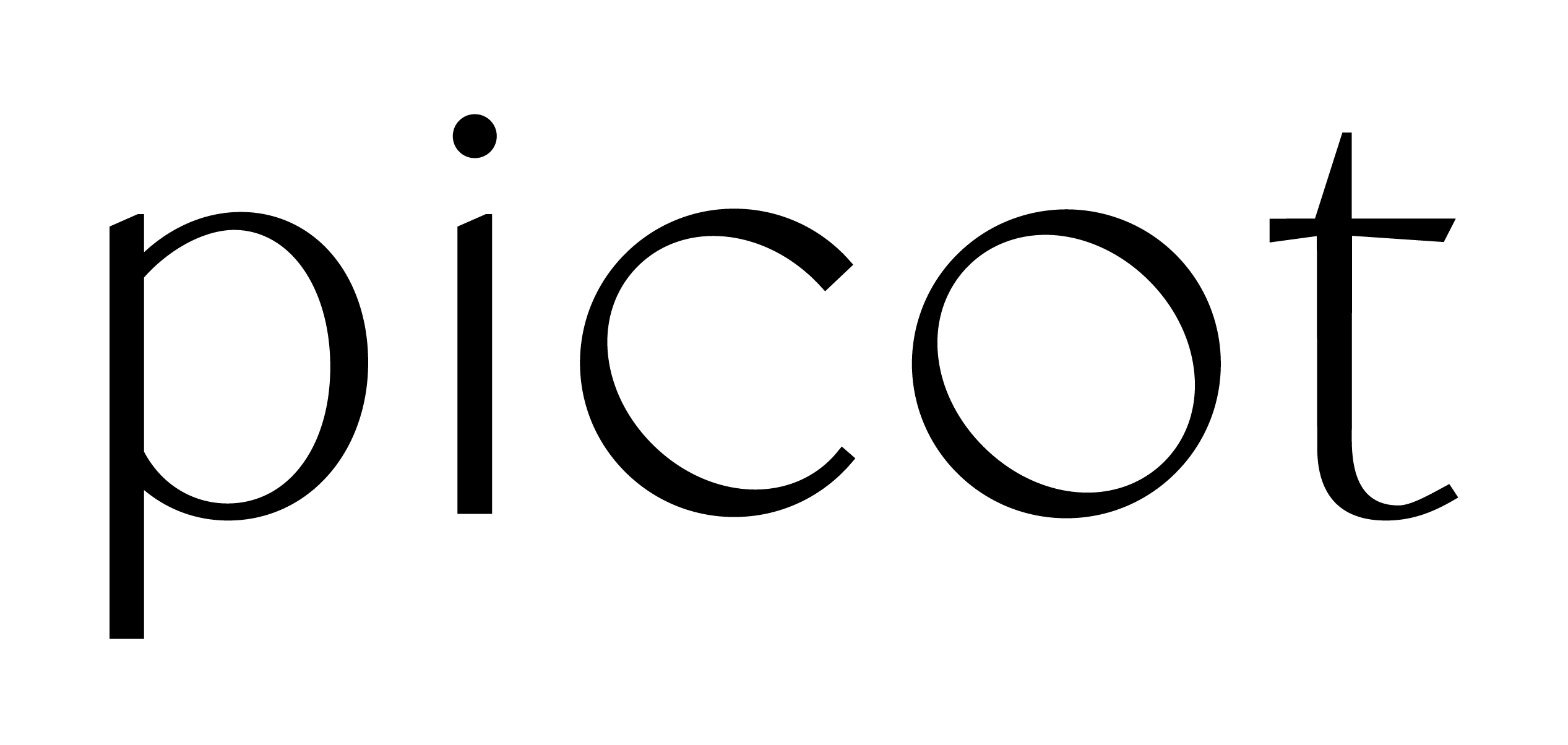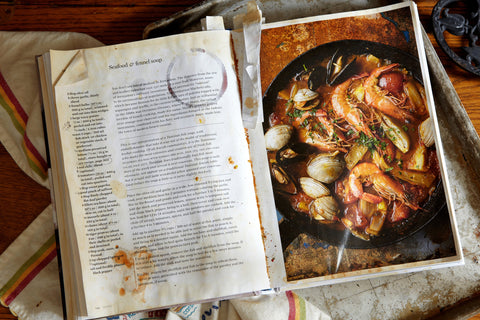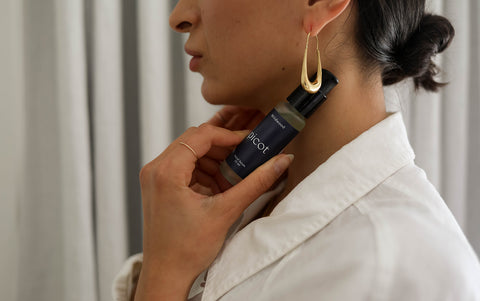Dear Diary,
Just kidding.
But not really.
Journalling has been a tool for me over the past decade to reflect and build self awareness. According to studies cited in this article, it's effective for helping to express our emotions and reduce anxiety, which can result in boosting our immune system!
I've re-read a few journals from the last decade and have been surprised and honestly, a lot of times, bored, by what I had written. I've both laughed at myself for being so caught up in a matter that now seems trivial, and enjoyed the glimmers of insight that younger me had for current me. In some ways, there was something I had access to that I just needed reminding of. It's a humbling and welcoming thought to consider that the process alone is helpful, even if you're not aware of it at the time.
Often, the reasons people don't journal are along the lines of not being sure of how to start or what to do once you're in there! I've compiled these four ways to journal for self reflection in hopes that it will be helpful to starting or building upon your own practice.

1- stream of consciousness aka : morning pages
- Inspired by Julia Cameron, creator of the Artist's Way. Simply put: writing your stream of consciousness for three consecutive pages. Write everything that comes to mind even if it turns into "I have nothing to really write here but I'm doing it anyways and perhaps something will come up. I can't forget laundry detergent today because of that coffee spill when I met with Alexis yesterday. She's a great listener and I felt safe sharing about...". You get it.
You see: even 'nothing' can lead somewhere if you're willing to stick with it for a moment longer. The point is to avoid overthinking it, and don't give up on it. Just let whatever bubbles up come out without placing judgment on it. You can simply notice it, and over time you may be surprised to see what the common themes are as you spend time putting pen to paper. In this way, it becomes like a tangible mediation for your thoughts. This will be different for everyone, but if you allow yourself to get into it you may just find that it begins to reveal something for you. I credit this particular process to getting the clarity to open my business in 2014. By showing up each day to be with my thoughts and write them down, I was able to hone in on what I really wanted. When I feel resistant to writing this way, it's because there's something that my intuition knows on a deep level and my head is having a slower time accepting it. This is where consistency can produce great insight.
2- Work with prompts
- Be curious about your internal world. Use the pages to dig a little deeper and explore areas that you're stuck on. I often find that this pairs well with meditation. Set 20 minutes aside: sit quietly for 10 minutes and notice where your thoughts travel to. See if there's something in there for you to be curious about while returning to your breath every now and then. Spend the next 10 minutes journalling about the questions.
Prompts that I have found helpful: - If I wasn't afraid of _____, I would...
- I am feeling ______ because ...
- I have an old story in my head about ______
- The common theme I'm noticing in my life is ______
- What's working well for me right now? What's blocking ? Where can I make room for what's making its way to me?
If I'm ever feeling stuck or lacklustre in my questions, or if my answers are circling around the drain of similarity, sometimes it helps to seek out other questions/prompts instead of coming up with them on your own. There are oodles of lists out there on the internet so here's a few that I've found helpful:
- I've been loving the Moon Lists journal
- Prompts from Psych Central's article.
- The journal prompts in Homebound Tarot's Guidebook to be really helpful when looking to dig deeper into my intuition's wisdom.
- This is a list of 30 prompts that are specific to ending a year and embracing a new one.
If you're looking for a little more prompting, check out Danielle Pope's workshops called Practice on the Page. A woman who helps to unblock and support you through the process; she's called the "Story Midwife" for a reason.
3- Simply take note of events that have happened
I've found myself reminiscing on certain conversations and happenings that are new or unfamiliar experiences. In the moment, they feel so palpable, like I'll never forget them. And then surely, times goes by, and I forget those crisp details. Making a habit of writing down certain events that take you by surprise or impact you in a meaningful way can be comforting to go back and re-visit. It wakes up the notion of cherishing and learning about yourself that can be rediscovered again.
4- writing a letter you never intend to send
Ever find yourself ruminating on what to say to someone about a particular dynamic or situation but you know it's more about processing your own feelings rather than bringing something up with them? Sometimes, It's helpful to process it on my own and accept that as the full expression of it, or this is a way to get clear with my thoughts before I approach a tough conversation. Often, the issue is something that's left undone for me and not even necessary to share with the other person. Maybe it lives here in the journal to be reviewed again one day, maybe it gets ripped out and set ablaze. Either way, this is for you to navigate and shift something so that you can move forward feeling a little lighter.
Notes for starting, building, and maintaining a journalling practice:
- Find a notebook + set of pens that you love. I use a very basic composition journal and my favourite pens are the Black Gel Ink 0.5 from MUJI.
- For the first week, pick the same time each day that you do this to build up a routine. Maybe it's with morning coffee or in the evening before bed to clear your head to sleep. Light a candle, make a calming space to settle into for a bit.
The most important thing: don't over think this or give it too much weight. This isn't meant to be a published work of art and it's not for anyone but you, so don't take yourself so seriously here! Just be curious about what comes up and out from it, and hopefully it leaves you with a greater sense of curiosity, understanding, and grounding within your internal processes.
If you want to take things a little bit further, check out my step-by-step guide to goal setting!







